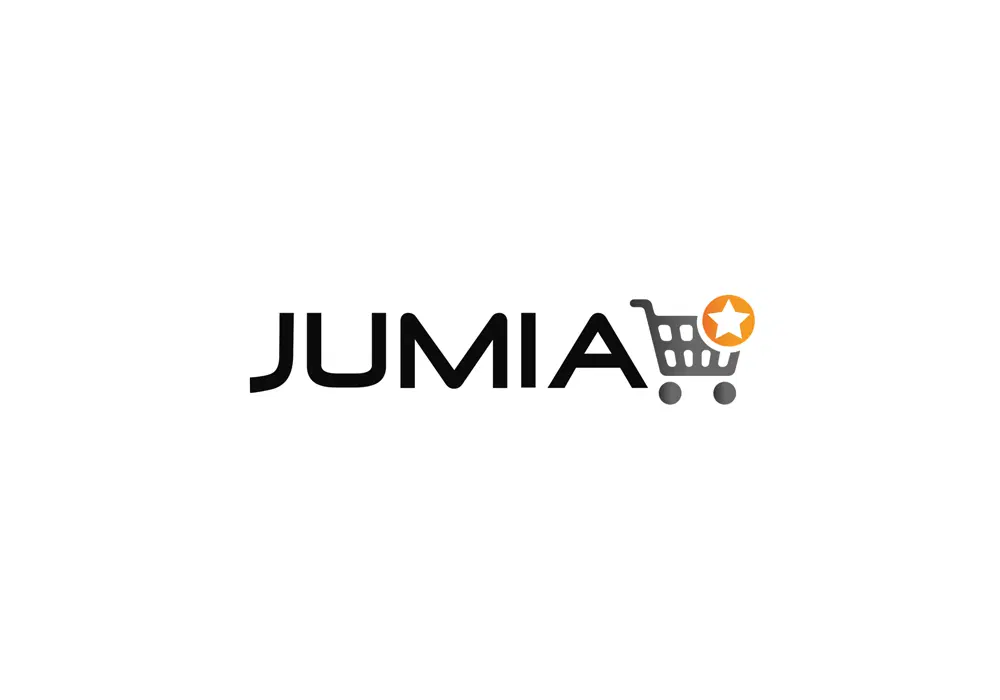
Jumia Pioneers Africa’s E-Commerce Revolution: Trends, Challenges, and Opportunities in the Digital Marketplace
Fiona Nanna, ForeMedia News
6 minutes read. Updated 9:40AM GMT Fri, 16August, 2024
Africa is witnessing a dramatic shift towards digital commerce, with Jumia spearheading this e-commerce revolution. The fintech company Nikulipe forecasts that the e-commerce sector in Africa will swell by $15 billion by 2028, marking a nearly 49% increase over the next four years. The proportion of Africans shopping online, which was just 13% in 2017, is anticipated to nearly triple by the end of 2025, nearing 50%.
As the e-commerce landscape evolves, Jumia stands out as the dominant force. The company is strategizing its expansion through meticulous cost management and the centralization of its warehouse operations. Despite these advancements, Jumia faces significant hurdles, including payment method challenges and high shipping costs. Rennaud Glenisson, Regional Director at Jumia, underscores the need for local adaptation:
“In Africa, implementing digital solutions is only part of the solution. Every aspect, from payment processing to delivery logistics, must be tailored to the local context to achieve genuine success in this complex market.”
Glenisson also points to promising government initiatives, such as the planned free trade zone set for 2027, which could unlock new market opportunities for Jumia and other companies in the sector.
Mobile Gaming Boom in Ghana
Meanwhile, Ghana is experiencing a mobile gaming renaissance, fueled by improved internet connectivity and rising smartphone penetration. The sector is expected to attract 7.5 million users by 2027, with mobile game revenues projected to surpass $90 million this year. The broader video game market in Ghana could reach $135 million.
Kwesi Hayford, President of the Ghana E-sports Association, stresses the importance of nurturing local game development. Despite the predominance of imported games, Hayford believes that fostering local talent can generate economic opportunities and create jobs.
Challenges in Ugandan Mushroom Wine Production
In Uganda, entrepreneur Milly Ssebaggala is determined to make a mark with mushroom wine, aiming for both local and international markets. However, her venture faces several obstacles: a competitive alcohol market, production limitations, and insufficient capital.
While the global mushroom market is valued at $55 billion, Ugandan producers must contend with established competitors from the Asia-Pacific region. For a detailed analysis, watch Raziah Athman’s comprehensive report.

